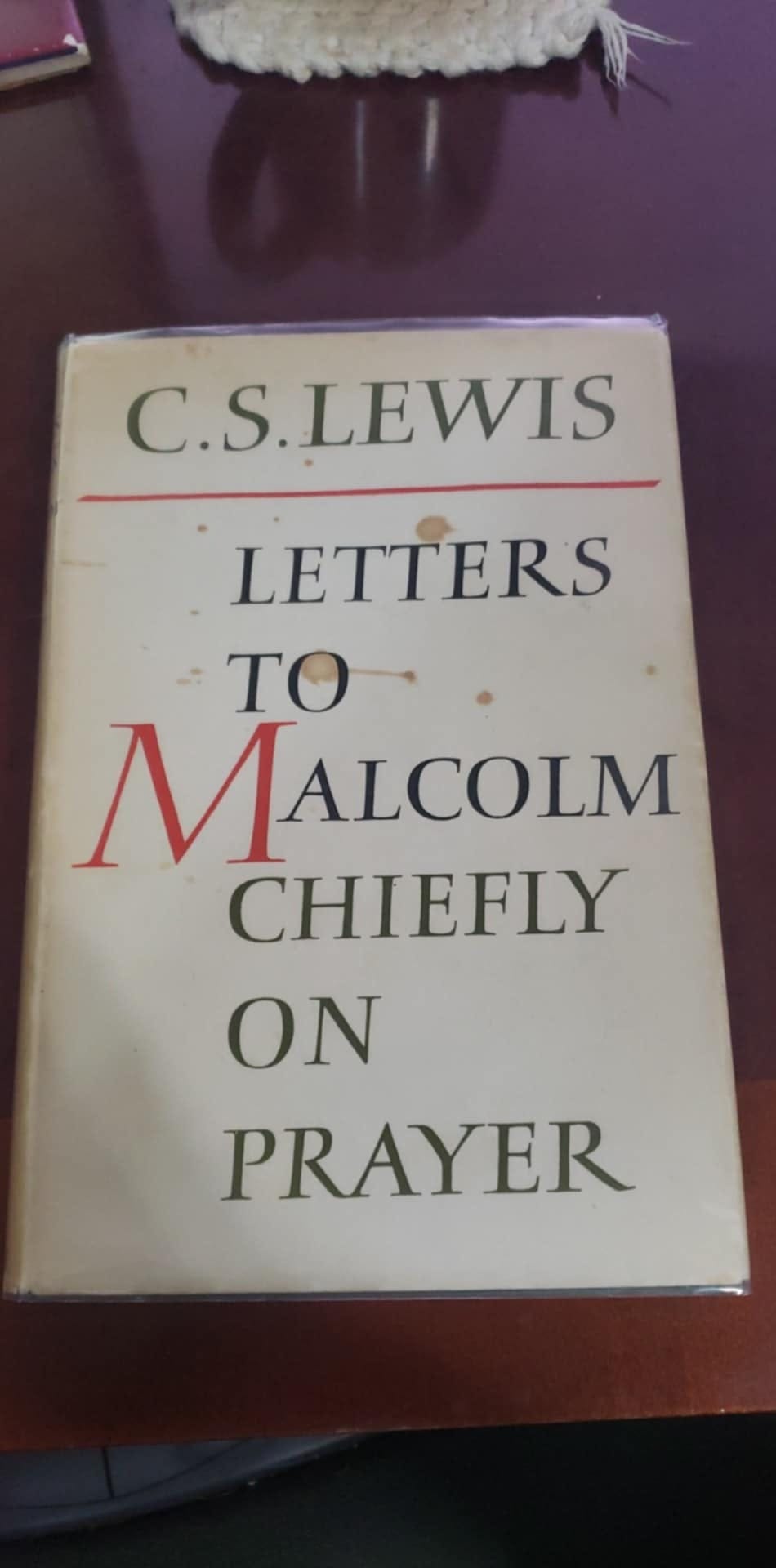Lewis opens this chapter with a chilling statement about the fictitious George, the son of the fictitious Malcolm and Betty. He doesn’t come out and say what ails George, but he alludes to his own troubles of a similar nature. Before we get to what Lewis meant let me say that the Macbeth quote, "He has no children” (p.60) isn’t entirely accurate. C.S. Lewis had no children of his own, but his Marriage to Helen Joy Davidman brought him two steps-sons. It is his wife to whom Lewis is alluding to when he mentions George’s harrowing diagnosis.
Helen Joy Davidman was an atheist who, thanks to Lewis’ writings, converted to Christianity, divorced her communist and atheist husband, and moved her and her two boys permanently to England. There, she married C.S. Lewis before her diagnosis of and death from metastatic carcinoma involving the bones (Wikipedia, where you can read more about Helen Joy Davidman HERE.)
Lewis goes on quite a bit about his own anguish and despair relating to the loss of his wife. He even wrote a book titled A Grief Observed about the bereavement following Joy’s death. It is written under his pseudonym N.W. Clerk. You can find out more about that book HERE.
Lewis makes a very good point about guilt and grief that comes from being the survivor of a tragedy. “Some people feel guilty about their anxieties and regard them as a defect of faith. I don’t agree at all. They are afflictions, not sins.” (p.61.) He aligns these things as our cross to bear listing them as, “Our share in the Passion of Christ.” (p.62.) He then goes on to talk about what Jesus did in the garden at Gethsemane.
Keep reading with a 7-day free trial
Subscribe to Small Group Bible Study Material - The Cavalier's Pen to keep reading this post and get 7 days of free access to the full post archives.




